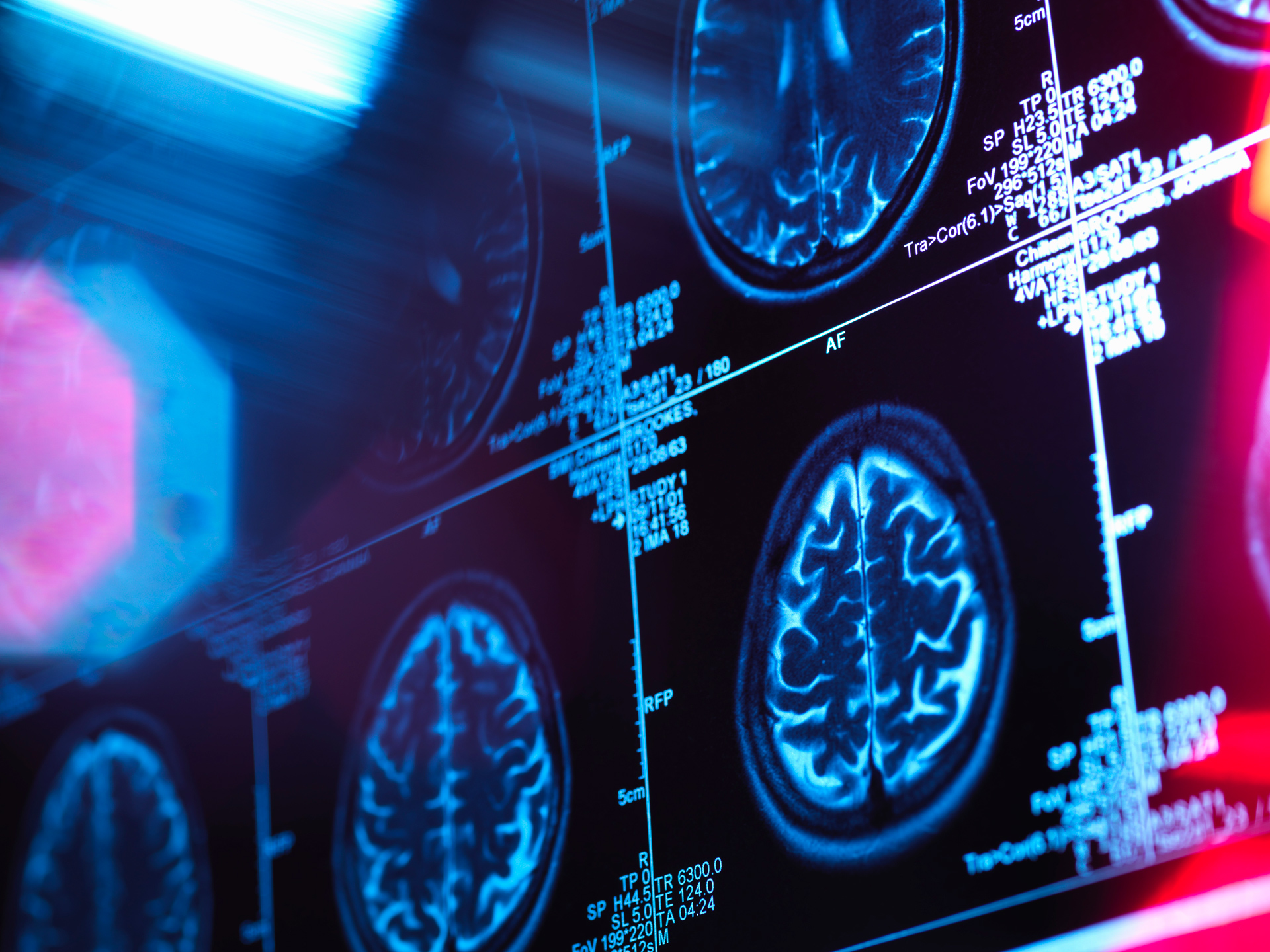Accelerating the development of Neurotechnology in the UK

What does it take for your neurotech innovation to be adopted by the NHS?
The term ‘mental health disorder’ covers a wide range of health concerns, with dementia and mood disorders also falling under this umbrella. These disorders affect young and old alike. The difficulty in diagnosing and treating these conditions leads to many going without help. Advances in technology have the potential to provide the tools for quicker diagnoses, more effective treatments and increased accessibility. In collaboration with MindTech, KTN’s Neurotechnology SIG is running a workshop around the treatment of mood and psychotic disorders, with a bio-design approach. The aim is to accelerate the development and accessibility of delivering non-pharmaceutical treatments and dissemination of information and experiences.
Michael Craven, Senior Research Fellow at MindTech, details his views on the need for collaboration and what he hopes can come from this workshop, held on 12 November in Nottingham. “A lot of work in this mental health area is where technology has already been shown to work but for some reason has not been adopted quickly”. For companies who are interested in working with the NHS, this workshop will benefit as it will detail what is required to work with the NHS and how to improve on the uptake of some of these technologies. There will also be greater awareness on the part of clinicians and academics about the technologies being developed. Companies too will become more aware of some of the challenges faced by clinicians and have the opportunity to discuss interventions and experiences. Those thinking about commercialising will be able to see how this is already being done.
Some of the newer areas of discovery and technology are around brain stimulation devices, such as transcranial magnetic stimulation (TMS) and similar variants which show promise and are in the process of being trialled. Showcasing that knowledge and the ongoing clinical trials are key to facilitating collaboration and sparking new ideas – to show how technology is being used, thinking about how to widen its adoption and how existing companies are approaching commercialisation. At the workshop, there will be a MindTech representative talking in particular about a transcranial magnetic stimulation trial. In addition, a member of the trial’s Lived Experience Advisory Panel will talk about the experience and promise of TMS for patients.
Having a good idea doesn’t always mean it can be applied in its intended use. This workshop will be useful for those who work in the technology sphere to understand from the experience that has been gained over the years by practitioners. There could be more mundane obstacles to technology uptake like newer software being incompatible with older operating systems like Windows XP. Many aren’t aware or don’t consider it within their scope. “It is important to understand the surrounding issues that go with working in this field – regulation, policy, and economic constraints”, says Michael. “It is important to go in with your eyes open.”
Michael has previously collaborated with KTN when working at MATCH many years ago, working to develop evaluation methods for medical devices. Michael says, “Having something like a special interest group (SIG) and a focus on a specific area, in this case for mental health, it allows for greater collaboration. KTN brings its national networks and broad reach to a specific area of opportunity. I’m most excited to have an event in the area at the University of Nottingham.”

